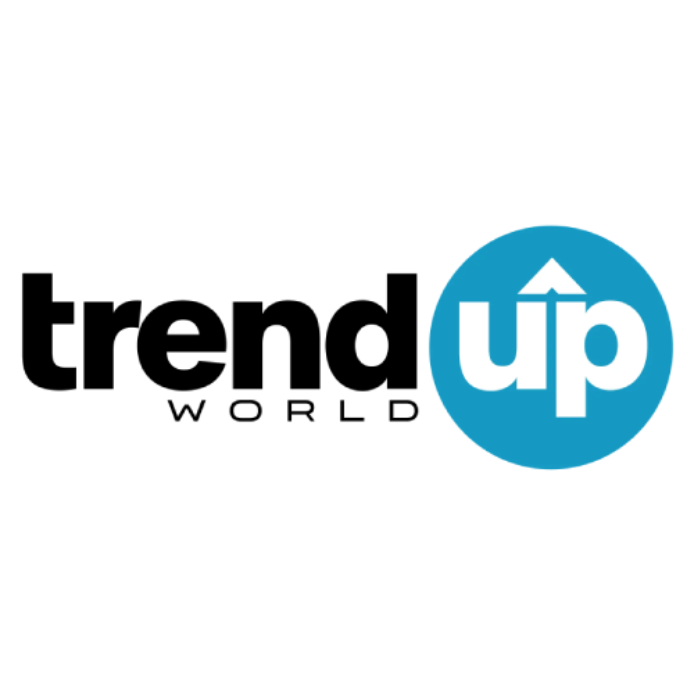
5 Powerful Ways to Turn Your Expertise into Income
This article shares practical strategies to help you monetize your expertise by building authority, creating digital products, and using content to unlock new opportunities.
Key Points:
Monetizing your knowledge takes focus, consistency, and the right tools. Here, I’ll outline the five key methods that helped me turn what I know into a steady income stream.
Turning your expertise into income isn’t just a dream—it’s a plan that requires dedication. With the global online learning industry projected to hit $325 billion by 2025, now’s the time for experts to share their skills and start earning. Here’s how I made it work, and how you can too:
1. Find Your Niche
When I began, I realised early on that social media marketing was my niche. Specialising allowed me to stand out in a crowded market and made my skills more valuable. If you’re looking to monetize what you know, start by identifying what you’re really good at and can teach others from start to finish. For me, discovering my niche was a game-changer.
Think about it: What do you excel at that others might struggle with? What unique insights can you offer? Focusing on a specific area not only makes your expertise more marketable but also positions you as the go-to authority.
2. Build Authority
Gaining authority was essential for me to move from just knowing something to being seen as credible. I built my credibility by creating content, starting on YouTube to get comfortable speaking on camera. At first, I felt awkward, but over time, it helped me gain confidence and find my voice.
If you want to monetize your knowledge, my advice is simple: Start by creating content on YouTube or social media. Not only does this establish your authority, but it also creates a portfolio of your expertise. In my case, my YouTube content opened the door to courses, consulting gigs, and even a book deal. Producing free content can lead to unexpected paid opportunities.
3. Create Digital Products
Once I felt confident in my authority, I began creating digital products. My first product was a $10 eBook on social media strategies, and it sold more than I expected. This success encouraged me to create online courses and personalised coaching programs.
Start small with something like a $5 eBook or a mini-course. As your audience grows, you can offer more comprehensive products, like full courses or premium coaching packages. This approach has worked well for me, allowing me to serve different audiences while maximising revenue.
4. Use Email Newsletters
One of the most valuable tools I’ve used is email newsletters. Unlike social media platforms, where algorithms can change, your email list is something you own. I used my social media channels to drive traffic to my website, encouraging visitors to sign up for my newsletter. This gave me direct access to my audience, allowing me to deliver valuable content and promote my digital products.
Building a strong email list takes time, but it’s worth it. A consistent, engaging newsletter can help you turn casual readers into loyal customers and drive both sales and growth.
5. Leverage Public Speaking
Public speaking has been another way for me to monetize my expertise and boost credibility. Early on, I spoke at local events and conferences, often for free. These experiences were invaluable—they helped me refine my message, connect with clients, and gain visibility.
As I spoke more, my reputation grew, and so did my opportunities. Public speaking not only became a revenue stream but also positioned me as a thought leader in my field.
Stay Consistent
Monetizing your expertise is a journey that takes consistency and patience. Whether you’re creating digital products, writing a blog, or speaking at events, the key is to keep building your brand and authority. Over time, these efforts will create sustainable income streams and establish you as an expert in your field.Everything I’ve achieved—publishing a book, securing speaking engagements, creating online courses—traces back to the same strategy: find your niche, produce content consistently, and offer it for free at first. As people discover your work, paid opportunities will follow.






